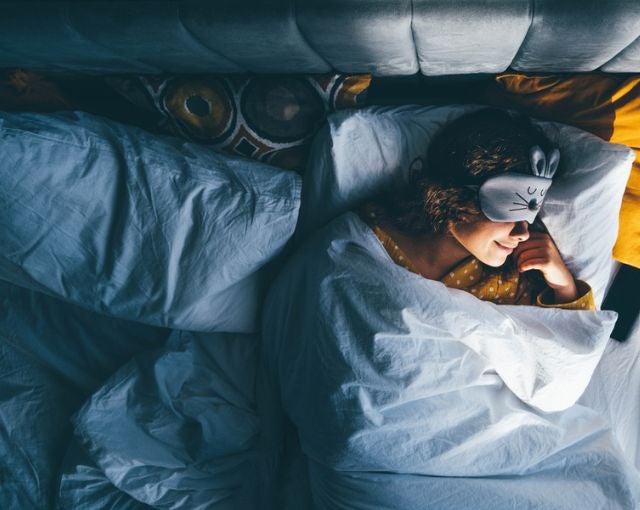
7/7/2025
Sleep On!
Sleep is one of the essential biological needs, a prerequisite of normal functioning of the organism. Still, in our current hasty times, there are so many things to do, so many tasks to complete, and also the ever-present blue screens, that many of us tend to sleep much shorter time than we should. We tend to neglect the fact that quality sleep gives us much more than repose and escape from our worries. It is a crucial process which affects the health of our body and mind. Why is it so important to get a good night’s sleep?
Restoration of Body and Mind
When we sleep, the body launches a number of restorative processes, like the renewal of muscle fibres and other cells, or the strengthening of the immune system. Sleep gives the body the opportunity to revive after the day’s physical labour and mental strain. Lack of sleep can impair the body’s ability to resist infection and heal its wounds. For the brain, sleep is a time of intense activity. It has to “sort” all the information we have gathered during the day. Sleep is vital for the consolidation of the memory.
Sleep or Eat?
Sleep also considerably influences our hormonal balance. It is while we are sleeping that the body releases the growth hormone necessary for the regeneration of our tissues. The less we sleep, the more we tend to eat, especially unhealthy food. That usually leads to gaining weight, increasing the risk of obesity, diabetes, and other metabolic disorders. Sleep is crucial for the health of the cardiovascular system, because our blood pressure and heartbeat rate decrease when we sleep, letting the heart have some rest as well. Chronic lack of sleep correlates with higher risk of high blood pressure, heart attack, or stroke.
😴 In the Realm of Morpheus
How did we get to Matrix? We did not mean the movie character, but its model – the Greek god. Son of Hypnos, the god of sleep, Morpheus was the lord of dreams. It may come as a surprise, but dreams are a very important symptom of sound sleep. Dreams occur as a result of the activity of the brain. When we sleep, the brain gets no external stimuli. It also reduces its control of our muscles and most organs (except for the essential ones like the heart, lungs, or the digestive system). This allows it to dedicate its capacity to internal processes. Research shows that the brain is even more active when we sleep than when we are awake. We perceive it as dreaming. It occurs during the phase of the deepest sleep manifested by rapid eye movements (REM). Despite intense research, the realm of dreams remains quite unexplored.
How Much Sleep Do We Need
The recommended length of sleep depends on one’s age and individual needs. Generally speaking, the amount of sleep needed decreases with growing age. Parents can tell you how hard it is to explain to the kids why they have to go to bed when others can stay up. It is simply because they are kids. To grow and develop properly, their bodies need more sleep. But it is not only about the length of sleep. Its quality is just as important.
Experts recommend the following total length of sleep:
- ADULTS: 7–9 hours a day
- TEENAGERS: 8–10 hours
- CHILDREN: 9–12 hours (depending on age)
- BABIES: 12–16 hours
TEXT: Jakub Jukl
PHOTO: Shutterstock.com
Read the whole article in the summer issue of the Leo Express magazine
Share article
0 x
Copy URL
Log into the loyalty program Smile Club
Don't have an account yet?
By logging in I agree with conditions of the loyalty program, processing of personal data and declare that I have reached the age of 16. Cancellation of tickets is only possible to leo credits.


